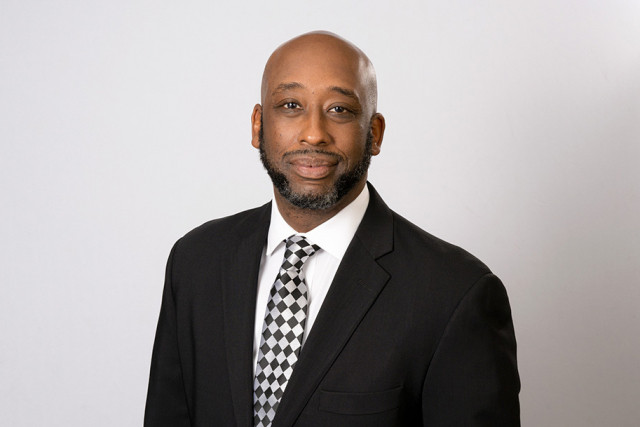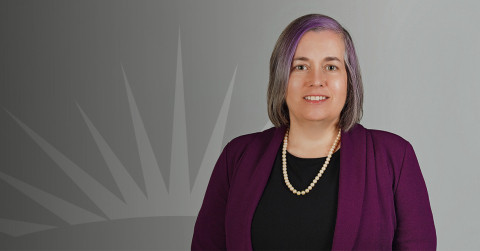
Q&A with CAS President Roosevelt Mosley
On November 9, Pinnacle Principal and Consulting Actuary Roosevelt Mosley began his term as president of the Casualty Actuarial Society (CAS). We asked Roosevelt a few questions about what his priorities will be in the coming year.
Pinnacle News (PN): What will be the focus of your year as president of the CAS?
Roosevelt Mosley (RM): I am going to work on ensuring progress in three key areas: promoting effective communications, facilitating the organization’s diversity, equity and inclusion (DE&I) goals and driving the “essential skills” objectives of the CAS’s strategic plan.
PN: Would you explain a little more about the essential skills objectives?
RM: In the CAS’s 2021-23 Strategic Plan, special emphasis was placed on identifying and defining three essential skills that the actuary of the future absolutely must have. They were analytics, problem solving and domain knowledge. Part of the objective is to make sure the organization is enabling our members to build those essential skills. The other part of the goal is communicating to our constituents that our members have those skills and to leverage them.
PN: How do you feel about the future of the CAS and the profession?
RM: Every organization has challenges that they need to face. The CAS is no different, of course. But the organization is very well positioned. The CAS’s 2021-23 Strategic Plan is sound and forward-thinking. More importantly, we have a growing and incredibly active and engaged membership.
It’s a great time to be an actuary working in the property and casualty field. The profession is innovating and developing new approaches and solutions that will benefit the insurance industry as well as society. I feel fortunate to be able to continue my service to CAS in such an important and exciting time.
PN: How does DE&I fit?
RM: DE&I presents an area of opportunity for the CAS and our profession. There are DE&I goals at many organizations as well as throughout our society. We need to understand and communicate the benefits of diversity and begin to deliver progress on attracting, developing and promoting diverse talent.
PN: Finally, you mentioned effective communications. Why is it so important?
RM: The CAS is a complex organization, and its membership has diverse needs and expectations. I believe we all share the need and expectation for effective communication that is transparent, direct and frequent. Sometimes too much communication is the right amount. And although effective communication might not always build consensus, effective communication helps build context. Sharing context at the CAS or with our constituents is essential to doing good work. As president of the CAS, I will continue to recognize the importance of effective communication and work to ensure that this communication is happening as it should.
PN: Thanks, Roosevelt.
RM: Thank you.



